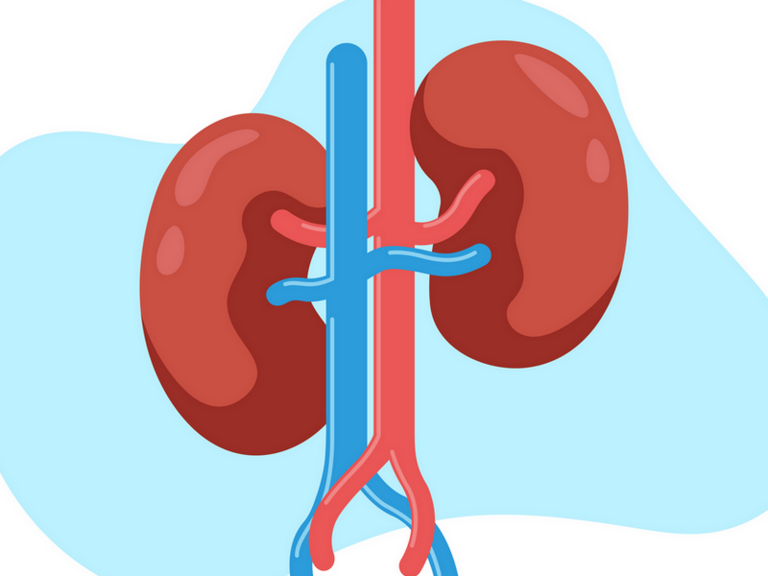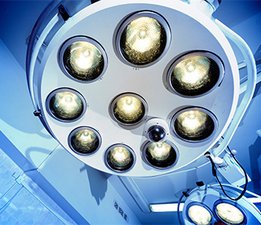Part of making an informed decision about transplantation is knowing about the potential risks. Receiving a donor kidney is associated with three primary concerns: rejection, functionality, and organ lifespan.
After the transplant, you will need to take certain medications, including immunosuppressants that reduce the risk of rejection. It’s essential for you to take all medications your nephrologist prescribes you to reduce this risk to an absolute minimum. However, because these drugs suppress your immune system, it’s essential for you to really take care of yourself after the operation.
In terms of functionality, some donor kidneys begin working immediately while others take a few days. If you fall into the latter group, you may require dialysis until your new kidney functions normally. This is common and is not an immediate reason to worry about the transplant’s success.
Finally, on average a donor kidney lasts for 10-15 years. This is because the kidney function slowly decreases over time. Thereafter, you always have the option of going back on dialysis or trying to find a second donor kidney either via live donation or the national transplantation list.
While complications can happen, try not to worry about them beforehand. Your nephrologist will give you the best possible treatment before, during and after transplantation, and you should address any specific questions or concerns you have with him.





